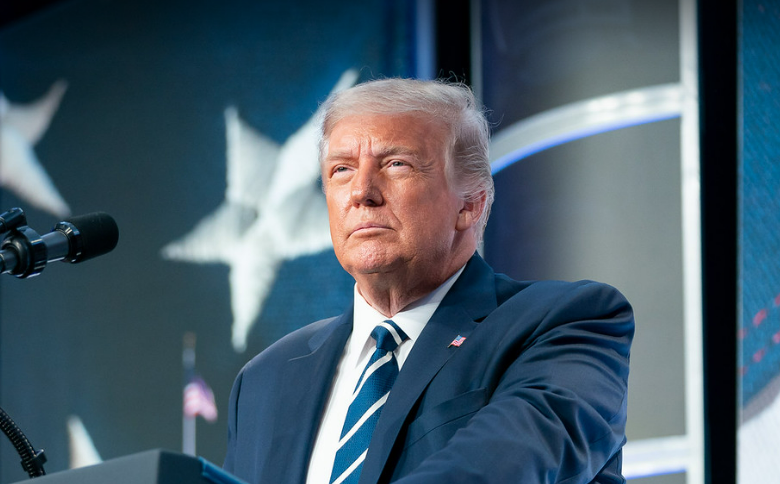Why 19th-century tariffTariffs are taxes imposed by one country on goods imported from another country. Tariffs are trade barriers that raise prices, reduce available quantities of goods and services for US businesses and consumers, and create an economic burden on foreign exporters.
policies don’t work in 21st-century America.
Donald Trump has floated a proposal to replace the US income taxA tax is a mandatory payment or charge collected by local, state, and national governments from individuals or businesses to cover the costs of general government services, goods, and activities.
system with a new system of tariffs, moving the United States back to the tax mix of the late 19th century. The plan, simply put, is a mathematical impossibility.
Trump’s most obvious challenge would be in how to close the yawning gap between income tax revenue and duties. The U.S. Treasury collected $2.2 trillion from the individual income taxAn individual income tax (or personal income tax) is levied on the wages, salaries, investments, or other forms of income an individual or household earns. The U.S. imposes a progressive income tax where rates increase with income. The Federal Income Tax was established in 1913 with the ratification of the 16th Amendment. Though barely 100 years old, individual income taxes are the largest source of tax revenue in the U.S.
in fiscal 2023 and $80 billion from tariffs.
Stay informed on the tax policies impacting you.
Subscribe to get insights from our trusted experts delivered straight to your inbox.

